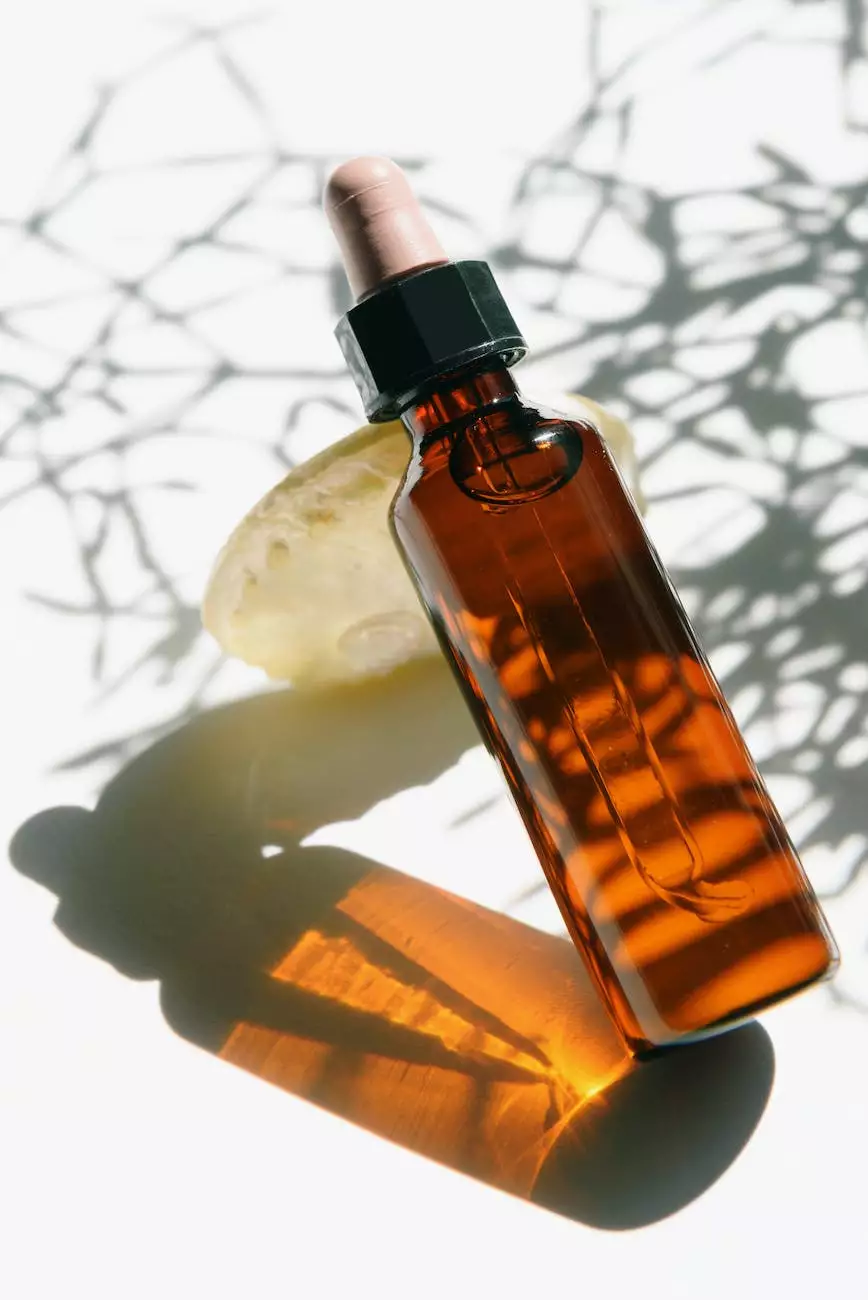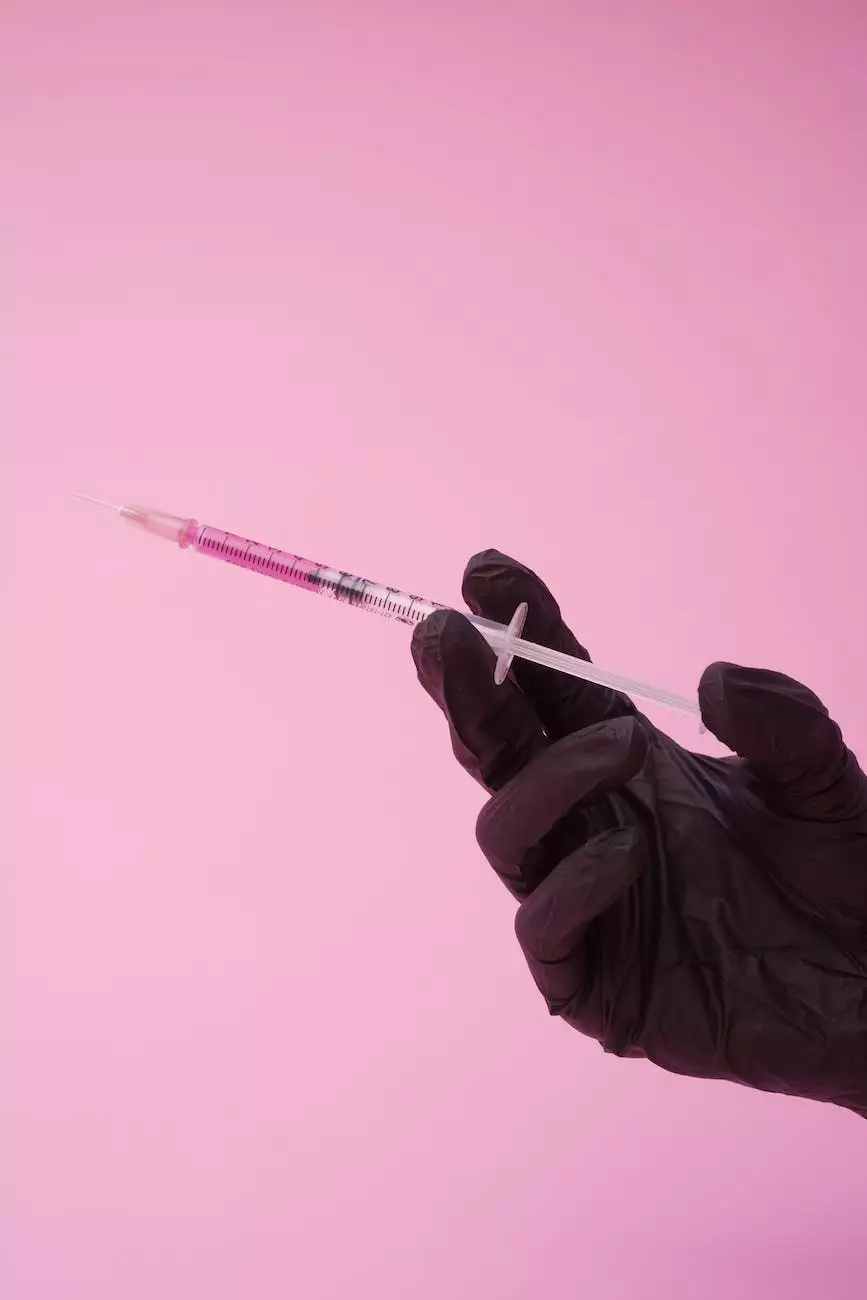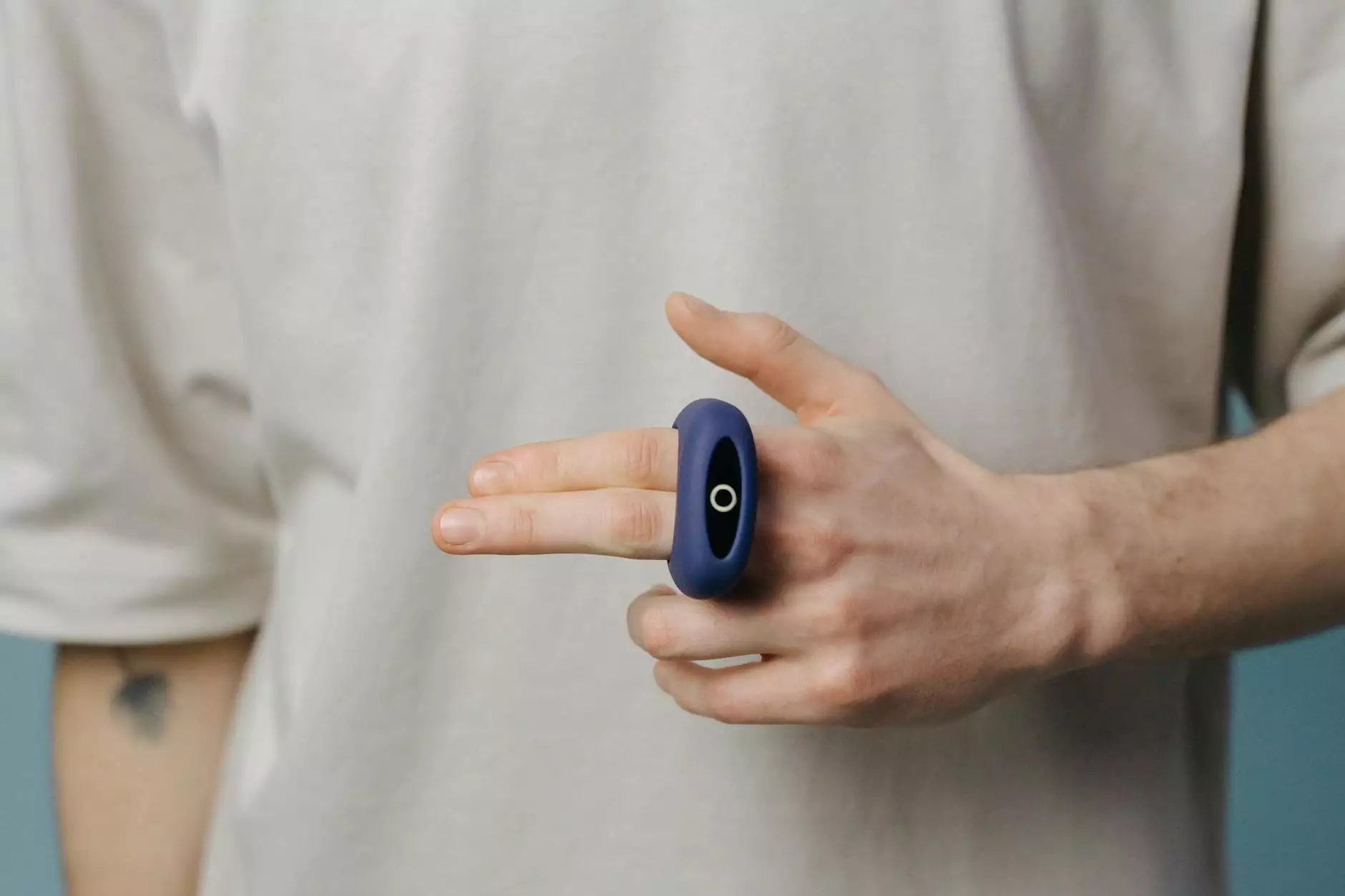Hypoglycemia: Exploring its Harmful Effects in Men
Biologic Therapies
Introduction to Hypoglycemia
Hypoglycemia is a condition characterized by low blood sugar levels in the body. While it can affect individuals of all genders, we will specifically focus on the harmful effects of hypoglycemia in men in this article. At Sexual Health Education & Economic Telehealth Services, we understand the importance of addressing this health concern to ensure men lead healthy lives.
Understanding Hypoglycemia
Hypoglycemia occurs when the blood sugar levels drop below the normal range, typically below 70 mg/dL. It can be caused by various factors such as skipping meals, excessive alcohol consumption, certain medications, underlying health conditions, or diabetes management. Although hypoglycemia is a common complication of diabetes, non-diabetic individuals can also experience this condition.
Signs and Symptoms
Recognizing the signs and symptoms of hypoglycemia is crucial to taking timely action. Men experiencing hypoglycemia may exhibit the following:
- Confusion and dizziness
- Sweating and shakiness
- Feeling irritable or moody
- Fast heartbeat
- Blurred vision
- Headaches
Potential Health Risks for Men
While hypoglycemia can affect anyone, men may face specific health risks associated with it. Prolonged or recurrent episodes of low blood sugar can have detrimental effects on men's overall well-being. Some potential risks include:
- Reduced cognitive function
- Increased risk of accidents or injury due to impaired concentration
- Decreased libido and sexual dysfunction
- Mood swings and irritability
- Impaired athletic performance
- Complications in managing other pre-existing health conditions
Prevention and Management
Proactive measures can be taken to prevent and manage hypoglycemia in men. Here are some key strategies:
- Follow a balanced diet: Incorporate nutrient-rich foods and avoid excessive sugar intake.
- Maintain regular eating patterns: Avoid skipping meals and plan healthy snacks.
- Exercise regularly: Engage in physical activities to regulate blood sugar levels.
- Monitor blood sugar levels: Keep track of your levels and seek medical advice if necessary.
- Medication management: Review medications and their potential side effects with your healthcare provider.
- Stay hydrated: Drink sufficient water throughout the day to promote optimal health.
- Seek medical guidance: Consult with healthcare professionals for personalized advice and treatment.
Conclusion
Hypoglycemia, though often manageable, requires attention and consideration, especially in males. Understanding its harmful effects and taking preventive measures is crucial for maintaining overall well-being. At Sexual Health Education & Economic Telehealth Services, we provide comprehensive information and resources to support men in their journey towards a healthy life. If you believe you may be experiencing hypoglycemia or have any concerns about your health, contact our team of experts for personalized assistance.










